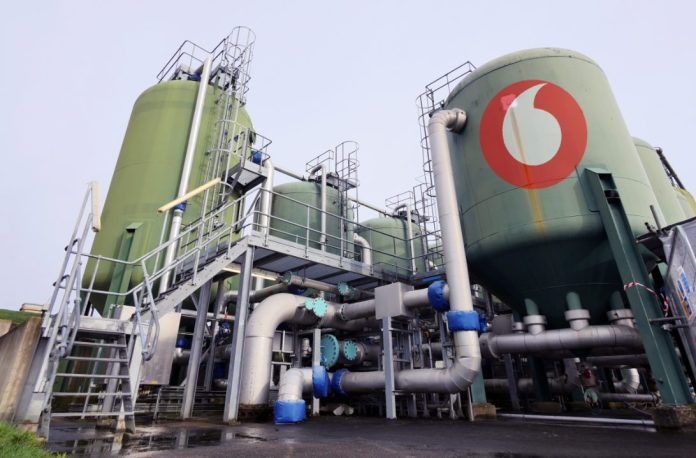Vodafone has launched a new IoT platform for UK water companies to consolidate data from disparate industrial sensors and systems into a single management plane. The solution, which wraps in design and supply of new IoT gadgetry, allows water companies to prolong the life of legacy industrial equipment without derailing new digital change strategies.
Vodafone said its new solution works with any data from any device, over any communications technology. It integrates NB-IoT for new sensors. Vodafone promised new levels of surveillance and telemetry to meet regulatory and environmental standards. A statement said: “This means water companies aren’t locked into suppliers and can choose the devices that best meet their needs and those of their customers.”
The UK-based operator noted water companies, like many industrial outfits, work on longer equipment upgrade cycles, with many in charge of systems and machines that are already long-in-the-tooth, some up to 30 years old. The ability to plug into a new analytics platform will “improve monitoring, increase efficiency, reduce wastage, and meet regulatory requirements”, said Vodafone.
A statement said: “Data is often trapped on separate systems that do not talk to each other… This has resulted in the water industry facing significant overheads and operational inefficiencies, due to the increasing cost of managing disparate technologies that are too expensive and disruptive to replace with modern equivalents. The new solution offers a single management platform to integrate sensors in one system to increase operational efficiency.”
The Vodafone platform offers device, connectivity, data management. It is being offered as a managed service, covering procurement of new sensors and meters, narrowband IoT (NB-IoT) connectivity between them, and “ongoing advice and collaboration” and the “quickest possible return on investment”.
Vodafone announced last month it has doubled the number of sites in its NB-IoT network to meet increasing demand for IoT services. The firm claims its NB-IoT network in the UK now covers 98 percent of the UK geography, and, as a complement to its standard cellular connectivity, gives UK enterprises the “right tools for the right job”.
Anne Sheehan, business director at Vodafone UK said: “There is growing demand on the UK water companies to increase efficiency and reduce wastage. We’ve worked closely with the water industry to identify a common problem and develop a simple solution. The platform has been designed with simplicity in mind – you do not have to be a connectivity expert to benefit from IoT. We are making it as easy as possible to ensure water companies can benefit from cutting edge technology and connectivity to meet important regulatory and environmental standards.”
Damian Crawford, head of smart networks and Leakage at Stantec, said: “Vodafone’s smart water proposition is a game-changer for the water industry. While there is ample variety of water network telemetry equipment on the market, Vodafone can be unique in providing the water industry with one full end-to-end secure solution that is device agnostic, removing supplier lock-in and maximising existing assets. Vodafone’s innovative solution has set a benchmark for the UK water industry, with the aim to deliver excellent service for water companies and their customers.”

